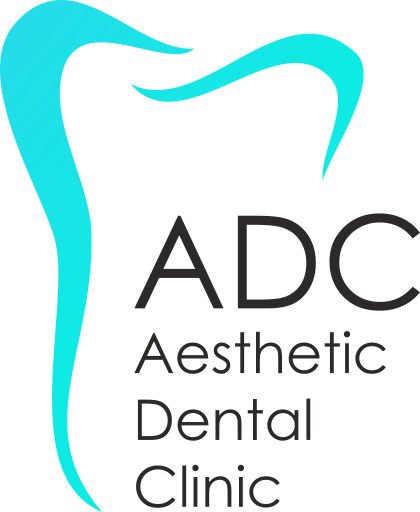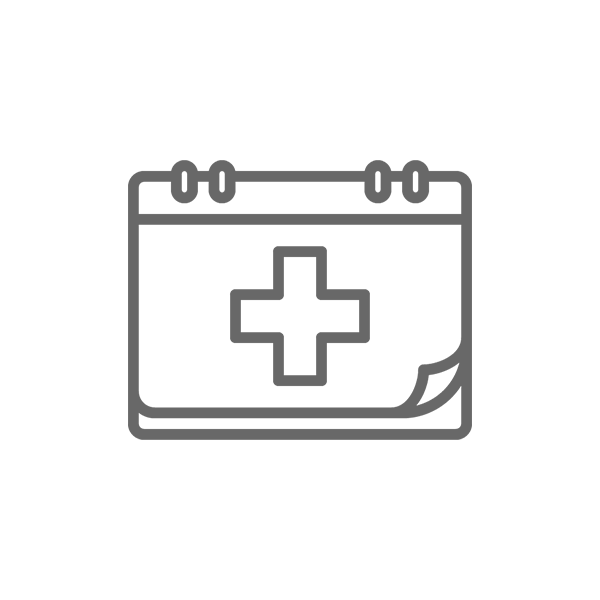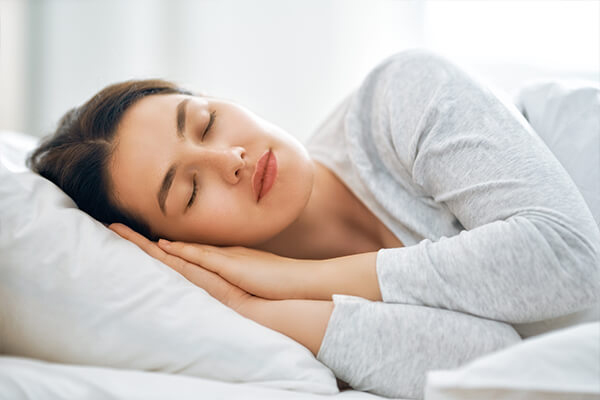Sleep Apnea Splints, Are you keeping your partner—or yourself—up at night with loud snoring? This can be more than annoying. About 25% of men and nearly 10% of women have obstructive sleep apnea (OSA), a severe sleep disorder characterized by loud snoring, and gasping for breath.
Tissue in the back of the throat temporarily blocks the airway, leading to pauses in breathing (apneas) throughout the night. Obstructive sleep apnea not only leaves people tired and anxious, but also puts them at risk for a number of health problems, including high blood pressure, depression and heart disease.
The most effective and best-studied treatment is positive airway pressure (CPAP), a small bedside machine that pushes air through a mask to prevent your airway from collapsing.
People with mild or moderate OSA sometimes find CPAP difficult to use and often wonder about alternatives. Dental appliances (also known as Sleep Apnea Splints or Oral Appliances) are an option for some people.
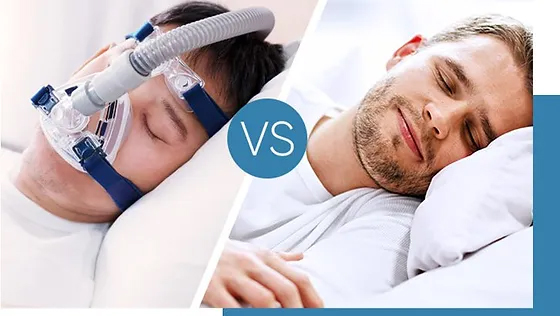
At Galani Dental Clinic we have received the necessary training from TUFTS University in Boston, and we can offer Sleep Splint treatment.
Does the Sleep Apnea Splint work for me?
These Splints reposition your jaw or tongue to open your upper airway. But they can be uncomfortable at times and require some patience for the patient to get used to. It is difficult to predict who may benefit from using an oral appliance, and people with very mild OSA and few symptoms may not notice much of a difference.
In general, Sleep Apnea Splints mainly help people with:
- Very loud snoring.
- Mild Sleep Apnea.
- Moderate Sleep Apnea.
- For patients who cannot or do not want to put on CPAP.
There are three main categories of dental appliances for Obstructive Sleep Apnea.
Mandibular advancement devices or Sleep Apnea Splints.
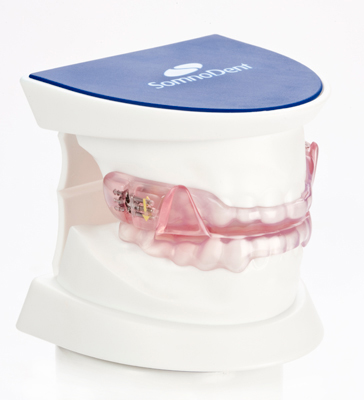
Made of molded hard plastic, these appliances snap over your lower and upper teeth, they also have metal components and screws that can be tightened to push the lower jaw forward.
Some dentists make custom mandibular advancement devices, but before you consider purchasing a custom device, make sure your dentist is experienced and board-certified in sleep-related breathing disorders. Some uncertified dentists simply take a mold of your teeth, send it to a company that makes the appliance, and then sell it to you with a simple logo.
Mouth Guards
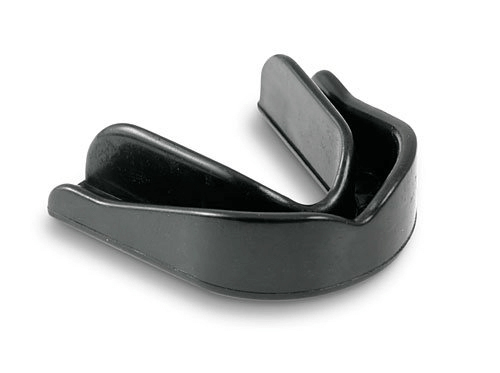
Similar to mandibular advancement devices, these devices also help reposition your lower jaw, albeit to a lesser extent. Some sleep doctors recommend some simple Splints, which you can buy online for less than 100 euros. Instead of starting with impressions of your teeth created by a dentist, you use what the company calls the “boil and bite” method. Place the device in a cup of boiling water for one minute, then bite down on the softened plastic so it molds to your teeth. This particular method is not certified and does not have any serious impact on the treatment of Sleep Apnea nor Snoring.
Tongue retention devices.
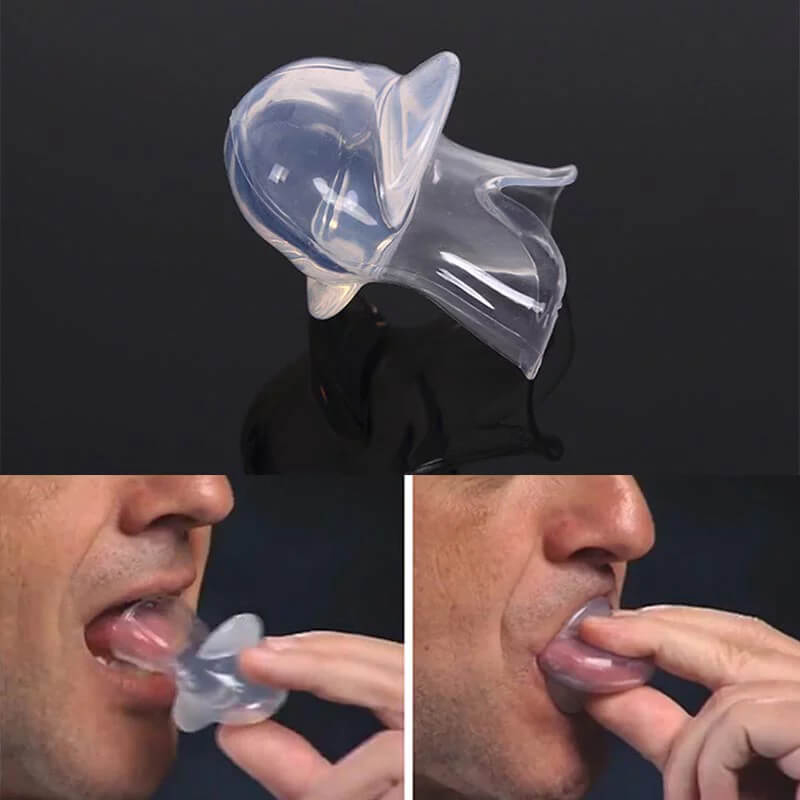
These appliances consist of a soft plastic splint placed around your tongue that keeps it forward and out of your mouth throughout the night. They tend to make your mouth very dry and can be a bit uncomfortable. It mainly helps snoring rather Sleep Apnea.
